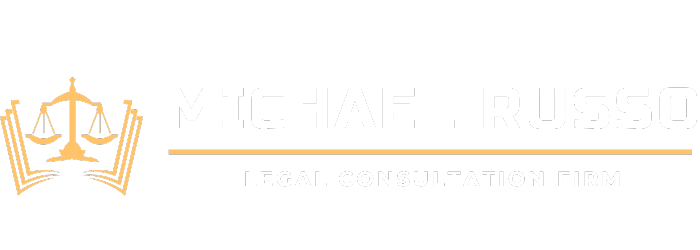Legal disputes are often stressful, time-consuming, and costly. However, negotiation can be a powerful tool to resolve conflicts efficiently without resorting to prolonged litigation. By leveraging strong negotiation skills, parties can reach mutually beneficial agreements, save time and resources, and maintain business or personal relationships. Understanding how negotiation works in legal disputes can empower individuals and businesses to protect their interests while avoiding unnecessary courtroom battles.
1. Negotiation as an Alternative to Litigation
Going to court is not always the best solution in a legal dispute. Litigation can take months or even years to resolve, with high legal fees and unpredictable outcomes. Negotiation, on the other hand, allows parties to work towards a resolution that meets their needs without the uncertainties of a courtroom decision. Many legal cases, including contract disputes, personal injury claims, and employment disagreements, can be successfully resolved through negotiation.
2. The Role of Preparation in Legal Negotiations
Effective negotiation begins long before discussions take place. Preparation is key to understanding your position, gathering relevant facts, and identifying potential areas for compromise. A skilled negotiator analyzes the strengths and weaknesses of their case, researches applicable laws, and anticipates the opposing party’s arguments. This groundwork helps create a strategic approach that increases the chances of a favorable outcome.
3. Effective Communication and Persuasion
Strong communication skills are essential in legal negotiations. It’s not just about presenting facts but also about framing arguments in a way that persuades the other party. Skilled negotiators listen actively, ask the right questions, and articulate their position clearly. They also recognize the importance of body language, tone of voice, and emotional intelligence in fostering a productive discussion.
4. Identifying Common Ground for Resolution
One of the biggest advantages of negotiation is its flexibility in finding creative solutions. Unlike litigation, where a judge makes a binding decision, negotiation allows parties to craft agreements tailored to their specific needs. By identifying shared interests and focusing on win-win solutions, disputing parties can often reach settlements that satisfy both sides without unnecessary conflict.
5. The Importance of a Strong BATNA (Best Alternative to a Negotiated Agreement)
A critical concept in negotiation is having a strong BATNA—your best alternative if negotiations fail. Knowing your alternatives gives you leverage and prevents you from accepting an unfavorable settlement out of desperation. For example, in a business dispute, if litigation is a viable option, it can provide bargaining power during negotiations. However, if your BATNA is weak, the opposing party may use it to their advantage.
6. Using Mediation and Arbitration to Strengthen Negotiations
Sometimes, negotiations benefit from a neutral third party, such as a mediator or arbitrator. Mediation helps facilitate discussions between disputing parties by providing an impartial perspective and guiding them toward a resolution. Arbitration, on the other hand, results in a binding decision, similar to a court ruling but usually faster and less expensive. Both methods can strengthen negotiations and lead to more efficient dispute resolution.
7. Avoiding Emotional Decision-Making
Emotions can run high in legal disputes, but allowing them to dictate decisions can lead to poor outcomes. Skilled negotiators remain calm, professional, and focused on their objectives. By separating personal feelings from legal matters, they can make rational decisions that prioritize their long-term interests rather than reacting impulsively to pressure.
8. Knowing When to Walk Away
Not all negotiations end in a successful agreement, and knowing when to walk away is just as important as knowing how to negotiate. If the opposing party is unwilling to compromise or the terms are unfair, it may be best to pursue litigation or alternative legal options. Understanding your limits and refusing to accept a deal that does not align with your best interests is a crucial part of negotiation strategy.
9. The Lasting Impact of Successful Negotiation
A well-negotiated settlement does more than just resolve a legal dispute—it can preserve business relationships, protect reputations, and prevent future conflicts. Unlike court rulings, which often leave one party feeling like a “loser,” a negotiated settlement allows both sides to walk away with a sense of control and satisfaction. In many cases, negotiation fosters goodwill and opens doors for future collaboration rather than burning bridges.
Negotiation is a powerful tool in legal disputes, offering a path to resolution that is often faster, less costly, and more flexible than litigation. Whether dealing with contract disputes, workplace conflicts, or commercial disagreements, mastering the art of negotiation can lead to better outcomes while minimizing stress and financial strain. With the right strategy, preparation, and mindset, negotiation can turn legal challenges into opportunities for resolution and growth.







